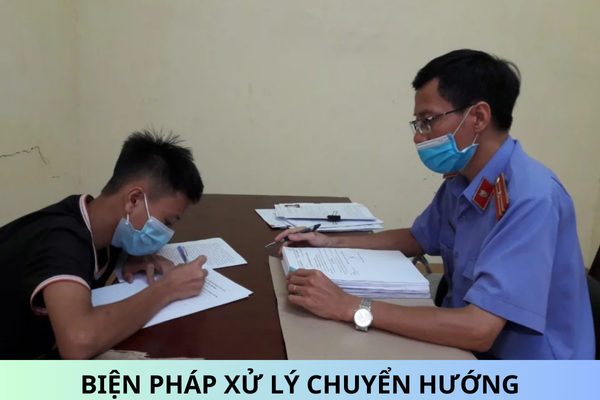Only Investigation Agencies Have the Authority to Prosecute Criminal Cases? What Does the Decision to Prosecute a Criminal Case Include?
1. Only the investigative body has the authority to prosecute a criminal case?
Based on Article 153 of the 2015 Criminal Procedure Code, the authority to prosecute a criminal case is stipulated as follows:
The investigative body decides to prosecute a criminal case for all incidents with signs of crime, except for those handled by the agencies assigned to conduct certain investigative activities, the Procuracy, or the Trial Council as stipulated in clauses 2, 3, and 4 of this Article.
Agencies assigned to conduct certain investigative activities decide to prosecute a criminal case in the cases specified in Article 164 of this Code.
The Procuracy decides to prosecute a criminal case in the following cases:
a) The Procuracy cancels the decision not to prosecute a criminal case by the investigative body or the agency assigned to conduct certain investigative activities;
b) The Procuracy directly addresses reports or indications of crime and recommendations for prosecution;
c) The Procuracy directly discovers signs of crime or upon the request of the Trial Council.
- The Trial Council decides to prosecute or requests the Procuracy to prosecute a criminal case if during the trial it is found that there has been criminal omission.
Therefore, the authority to prosecute a criminal case is not solely vested in the investigative body, but also includes other entities such as the Procuracy, the Court, or agencies assigned to conduct certain investigative activities in specific cases mentioned above.
2. What does the prosecution decision of a criminal case contain?
Based on Clause 1, Article 154 of the 2015 Criminal Procedure Code, the content of a criminal case prosecution decision is stipulated as follows:
- The decision to prosecute a criminal case must clearly state the grounds for prosecution, the articles and clauses of the Penal Code applied, and the contents stipulated in clause 2, Article 132 of this Code.
To be specific, it includes:
- Number, date, month, year, and place of issuance of the procedural document;
- Grounds for issuance of the procedural document;
- Content of the procedural document;
- Full name, position, signature of the issuer of the procedural document, and the official stamp.
The above are the regulations regarding the content of the decision to prosecute a criminal case according to current procedural law.
Kind regards!










